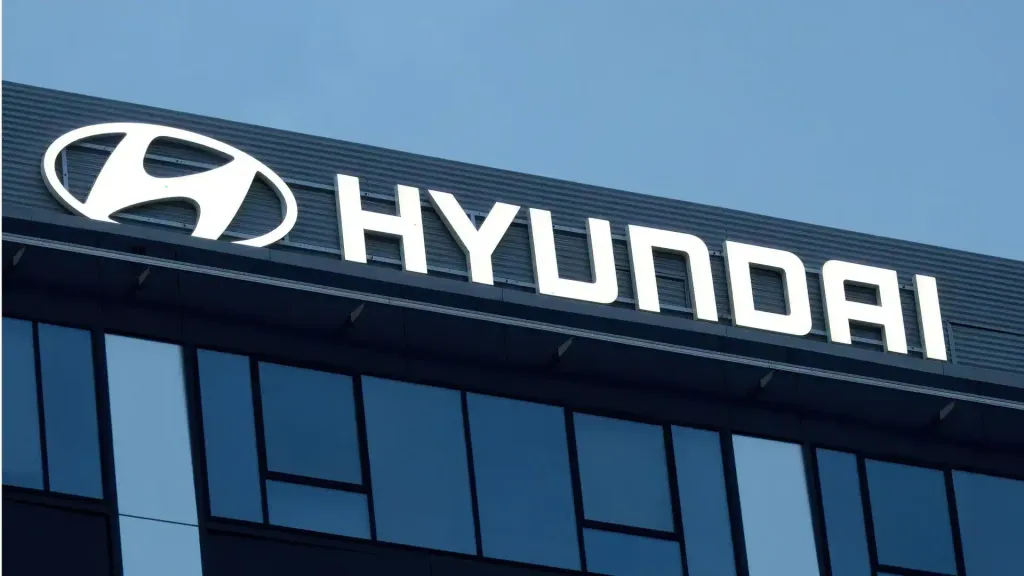Hyundai investment in the United States represents a significant development for the automotive sector, underscoring the company’s dedication to broadening its operations and increasing its presence in North America.
With an impressive commitment of US$21 billion from 2025 to 2028, Hyundai Motor Group (HMG) aims to enhance not only vehicle production but also logistics, partial localization, and technological innovation.
This ambitious initiative is projected to generate over 100,000 direct and indirect jobs by 2028, including 14,000 full-time roles, thereby making a substantial contribution to the U.S. economy.
Hyundai’s Investment Framework: A Tripartite Strategy
Hyundai’s investment strategy is organized around three primary pillars, ensuring that every facet of its expansion is aligned with sustainable growth and long-term viability.
A significant portion, amounting to US$9 billion, will be dedicated to vehicle production.
This investment will facilitate an increase in annual production capacity to 1.2 million units across the Hyundai, Kia, and Genesis brands.
Additionally, Hyundai intends to upgrade its current manufacturing facilities, such as Hyundai Motor Manufacturing Alabama and Kia Autoland Georgia, to boost efficiency and product quality.
However, HMG has not yet revealed specific commitments regarding production volumes, as actual outputs will be influenced by prevailing market conditions.
Fortifying Parts Localization and Supply Chain Logistics
To strengthen its supply chain resilience, Hyundai has allocated US$6 billion for partial localization and logistics.
This investment will support the establishment of an automotive cluster to enhance production facilities, ensuring a reliable supply chain, and includes funding for U.S. steel production.
A pivotal element of this strategy is Hyundai Steel’s plan to build an Electric Arc Furnace (EAF) steel mill in Louisiana.
This facility, with an annual production capacity of 2.7 million tons of steel, will utilize locally sourced steel scrap, thereby reducing dependence on imported materials and lessening the effects of the 25% tariff.
Hyundai investment in Future Technologies
An additional US$6 billion will be allocated to emerging technologies, including artificial intelligence (AI), autonomous driving, and advanced air mobility (AAM).
Hyundai has already begun forming partnerships in these fields, notably collaborating with NVIDIA to enhance AI-driven mobility solutions and advancing research and development with Supernal for electric vertical take-off and landing (eVTOL) vehicles.
This investment also encompasses autonomous driving, as Hyundai strengthens its alliance with Waymo and continues to develop Motional, a joint venture with Aptiv focused on robotaxi services.
Job Creation and Economic Development
Hyundai investment is set to create over 100,000 job opportunities, significantly impacting the economy.
This initiative will not only generate jobs within Hyundai’s manufacturing facilities but will also benefit a wide array of suppliers, logistics companies, and technology partners.
The economic uplift will extend beyond direct employment, invigorating local businesses and promoting technological progress within the sector.
Boosting US Steel Production
The choice to invest in domestic steel manufacturing is a strategic decision that aligns with Hyundai’s broader localization strategy.
By producing steel within the United States, Hyundai aims to reduce supply chain disruptions and avoid the extra costs linked to import tariffs.
This investment will also bolster the US steel industry by providing high-quality, low-carbon steel sheets for automotive manufacturing.
Enhancing US-Based Technological Collaborations
Hyundai’s emphasis on AI and autonomous driving technology reflects its dedication to innovation.

The partnership with NVIDIA highlights its goal to create software-defined vehicles (SDVs), a groundbreaking approach that incorporates AI into vehicle performance, safety, and connectivity.
Likewise, Hyundai’s expansion of its collaboration with Waymo illustrates its long-term vision for autonomous mobility.
Global Competitiveness and Market Expansion
Hyundai’s investment in the United States transcends mere job creation and industrial development; it is also aimed at bolstering the company’s global competitiveness.
By solidifying its presence in the US market, Hyundai can more effectively navigate trade regulations, satisfy local demand, and broaden its customer base.
This strategic move positions the company to remain a leader in the rapidly changing automotive industry, allowing it to compete successfully with both American and European manufacturers.
Environmental Considerations and Sustainability
Hyundai’s investment strategy is in harmony with global sustainability initiatives.
By localizing steel production and utilizing low-carbon materials, the company is actively minimizing its environmental impact.
Additionally, its focus on electric and autonomous vehicles represents a commitment to fostering a more sustainable transportation ecosystem, thereby contributing to worldwide efforts to reduce carbon emissions.
Challenges and Uncertainties in Hyundai’s Investment
Despite the promising nature of Hyundai’s investment, it faces several challenges. The absence of detailed financial plans raises concerns regarding the specific distribution of funds.
Moreover, fluctuations in market conditions and changes in regulations could affect the implementation of Hyundai’s strategy.
It remains uncertain how well the company will adapt to economic changes, labor market dynamics, and technological progress.
Expert Editorial Comment
Hyundai investment in the United States is a transformative development for the automotive sector, showing a strong dedication to manufacturing, innovation, and economic advancement.
With significant investments in vehicle production, logistics, and emerging technologies, Hyundai is establishing itself as a frontrunner in the global market.
While some uncertainties persist, the long-term advantages of this initiative are clear, setting the stage for a more resilient and technologically sophisticated automotive industry.

